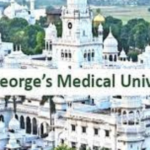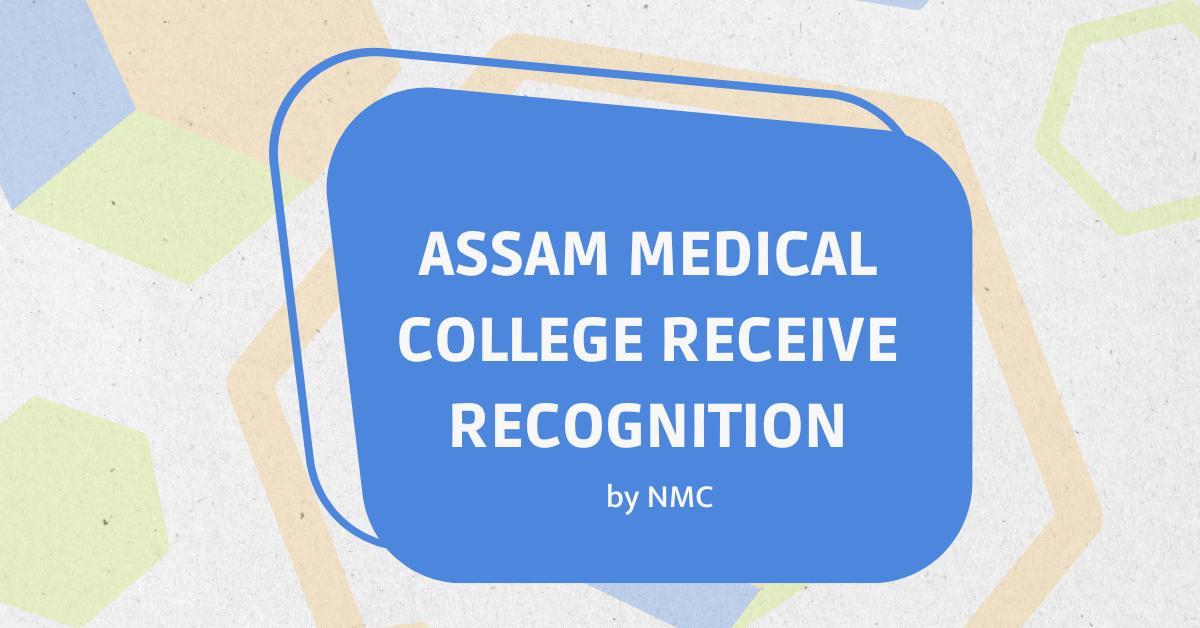
Every year on July 1st, National Doctor’s Day is observed in India to honour and commemorate the significant contributions that medical professionals make to society. This important day gives people and communities a chance to show their appreciation for the doctors who devote their life to saving lives and advancing society’s well-being. We examine the origins and significance of National Doctor’s Day in this article, as well as its history and place in the Indian healthcare system.
History: Commemorating Dr Bidhan Chandra Roy
The origins of National Doctor’s Day can be found in the birth anniversary of Dr. Bidhan Chandra Roy, a well-known doctor and statesman who served as West Bengal’s second chief minister. Dr. Roy, who was born on July 1st, 1882, had a significant impact on India’s medical education and healthcare systems. His achievements to medicine were so outstanding that he was given the Bharat Ratna, the highest civilian honour in India.
The growth of healthcare in India was fueled by Dr. Bidhan Chandra Roy’s vision and unwavering efforts. He emphasised the importance of high-quality medical education and worked to create institutions that would prepare qualified physicians to serve the country. Generations of Indian medical professionals have been inspired by Dr. Roy’s dedication and enthusiasm for healthcare.
Significance: Gratitude and Recognition for Doctors
The opportunity to demonstrate our gratitude and admiration for the selfless service provided by doctors on National Doctors Day is of utmost importance. The occasion serves as a reminder of the critical function that medical professionals perform in identifying diseases, offering treatments, and ultimately saving lives. It raises awareness of the value of healthcare and motivates people to value and support medical professionals’ contributions to a healthier society.The entire country gets together to honour doctors on this day by planning several festivities and activities. Seminars, conferences, and open lectures are held by medical organisations, hospitals, and educational institutions to discuss important healthcare issues and promote improvements in the industry. These events give medical professionals a forum to share their knowledge, network, and work together to advance medical procedures.
The Holistic Approach: Doctors as Guides for Well-being
Recently, doctors’ responsibilities have gone beyond simply treating ailments. They now encourage patients to lead healthier lifestyles as advocates for holistic well-being. The head of R&D at Kapiva, Dr. Kriti Soni, emphasises this all-encompassing strategy and claims that clinicians have the potential to positively affect their patients. Doctors naturally adopt good behaviours into their own lives as a result of seeing the effects of an unhealthy lifestyle, and they encourage their patients to do the same.
Celebrating National Doctor’s Day
Numerous celebrations are held nationwide on National Doctor’s Day to commemorate the outstanding accomplishments of physicians. Public and private medical institutes honour doctors with ceremonies for recognition, awards, and felicitations. These displays of gratitude inspire pride and spur physicians to keep providing unselfish care.
In addition to people, communities also actively participate in showing thankfulness. It has become a meaningful custom to send congratulations, notes, and gifts of gratitude to doctors who have made a difference in their lives. The societal support and acclaim that doctors have received enhance the bonds that bind them to the communities they serve.
In India, there is a unique day known as National Doctor’s Day that honours doctors for their selfless service, compassion, and commitment to society. We at BODMAS, honour the importance of doctors in our lives by commemorating this day and showing our gratitude. Let’s keep helping and honouring those in the medical field who sacrifice so much to keep us well and save lives.
























